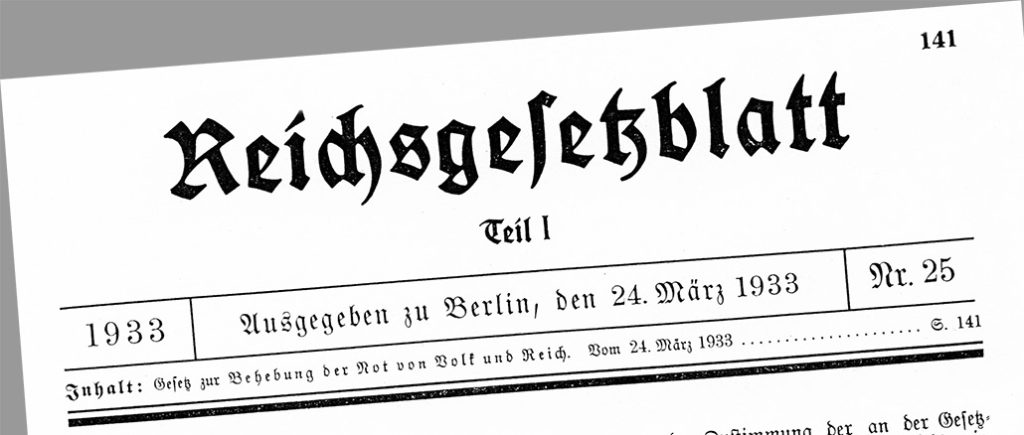
In front of the subway station, look towards the right side of the street at Alt-Moabit 85. This is where Margarethe Strauch used to have her business – although her real name was different. We changed it for this audio walk for legal reasons.
In 1933, the destruction of Jewish companies began right away, with boycott appeals and targeted propaganda. Based on the ‘Decree on the Reich Citizenship Law’, the District Offices compiled their own documents in 1938, which listed Jewish traders separately. The administration was required to also record those businesses where only the spouse of the owner was Jewish. The same year, almost 2000 Jewish companies were forced out, and another 2,300 in 1939. They were either closed down or expropriated and transferred to non-Jews.
This is also what happened to Margarethe Strauch. She was born in 1900 in the former province of Poznań. Her husband died in 1932. She had two children.
Margarethe Strauch ran her business from home, where she worked with three other women to manufacture stocking and sleeve garters, suspender and tie belts, sock suspenders and similar. She probably started her business in September 1927.
In 1936, she was required to add her business to the commercial register, which says:
We can see in Margarethe Strauch’s file how the sanctions against Jews were carried out. Just two years after she was forced to be entered into the commercial register, she had to have the company deleted again. In her correspondence with the authorities, the name “Sara” appeared as a middle name. It was not one that Margarethe had received from her parents: Once the Nuremberg Laws came into force, Jews were liable to prosecution if they did not register their names as “Sara” or “Israel” with the registry office or the police. Failure to do so could be punished with imprisonment between one and six months. The government set the deadline for changing names as 31st January 1939. Margarethe Strauch applied for deletion of her company from the commercial register in December 1938. At the time, she signed her name “Margarethe Strauch”. Not even two weeks later, four extra letters had quietly been added.
At the notary public, the thwarted businesswoman signed the deletion of her business as “Margarethe Sara Strauch”. Unlike many others, Mrs Strauch managed to escape with her children to the US. In the mid-1950s, she applied for reparation, requesting 12,000 Deutsche Mark. As the legal successor to the National Socialist state, the Federal Republic of Germany was sentenced three years later to pay her 8,000 Deutsche Mark. Was this supposed to be compensation for her lost business and destroyed life in Berlin? It does seem rather symbolic.
« Heilandskirche (Church of the Redeemer)
Synagogues in Hansaviertel »

